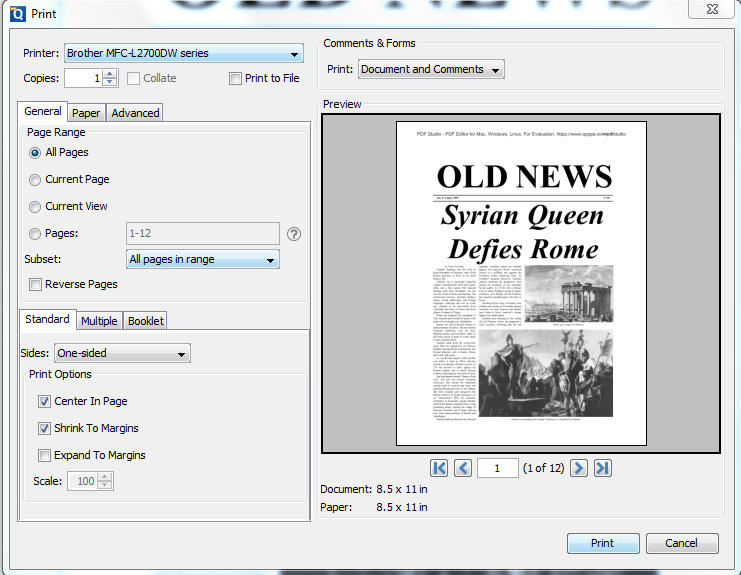
#To collate archive
Chakrabarti said the archive will be accessible within three months. Collate definition: When you collate pieces of information, you gather them all together and examine them. The team members will first begin collecting data from the colonial period, which will include study of high court and lower court sources from the respective archives, and then move backward to find texts on the ancient and medieval laws of India. According to De, the present and future generations must be made aware of the laws in the Shastras and the other texts of other religions. Kalhan’s ‘Rajtarangini’ and Sudraka’s ‘Mrichchakatika’ are important in this regard.” Other ancient sources that will be digitised are ‘Dharmasastras’, the ‘Smritis’, the ‘Puranas’, ‘Sankhya Darshan’, ‘Amogha Sastra’, ‘Manimekelai’, ‘Shilappathikaram’, K L Sarkar’s ‘Mimangsha Rules of Interpretation’ and others. A balance will be maintained between legal history documents drawn from all the different religions. Bikramjit De, associate professor of history and the director of the Centre for Studies in Legal History, said, “The legal history e-archive aims to digitize Indian legal sources from all the different cultures of the country. Focusing on the diversity and plurality of the country, the archive will include not just Sanskrit sources, but also incorporate an analysis of Jain and Buddhist sources that have informed our laws over centuries. The data collected will depend on the nuanced evaluation of different sources of ancient Indian laws taken from different parts of the Indian subcontinent. Vice-chancellor Nirmal Kanti Chakrabarti said, “The purpose of every Indian legal historian, drawn from the ranks of the legal and historical fraternity, is to initially reduce and eventually do away with our existing dependence on non-indigenous sources, especially the English laws, which even today closely informs our legal system - the courts, the statutes and the codebooks that are used for litigation.” He feels the e-archive will aim to create a new approach to the law-making and law-interpretation process based on the fundamental rules of Indian laws, as distinct from the mere enumeration of the administration of justice, and it has to be drawn from ancient Indian legal sources, such as the diverse law books. To make sources of legal history easily available to scholars, lawyers and judges, and to raise awareness among present and future generations about ancient and medieval Indian laws, the Centre for Studies In Legal History of the West Bengal National University of Juridical Sciences (WBNUJS), Kolkata, will establish an electronic archive on legal history comprising ancient, medieval and colonial Indian laws up to 1947 that are still being used in the country.

KOLKATA: The present Indian legal system still uses certain features of ancient Indian laws which remain relevant to the study and practice of law in the country.


 0 kommentar(er)
0 kommentar(er)
